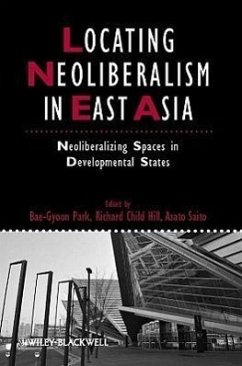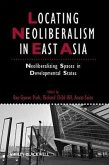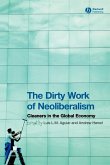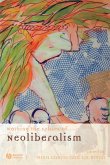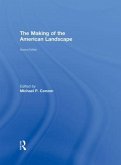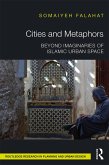Locating Neoliberalism in East Asia: Neoliberalizing Spaces in Developmental States examines the influence of neo-liberal ideologies on urban and regional policies and practices in several Asian Pacific nations. Exploring the evolving relationship between the two political economies, contributors from Asia and other international experts look at the ways neo-liberal ideology has materialized in Asian urban and regional settings and examine how neo-liberal axioms have been used to justify urban and regional projects. Readings reveal how neoliberalism in many East Asian regions is actually the outcome of highly sophisticated and conflictual interactions between the institutional legacies of state-led developmentalism and neoliberal discourses and practices. In essence, this collection of essays offers illuminating insights on the global effects of neo-liberalism while shaping our understanding of contemporary political-economic transformations in Asia.
Hinweis: Dieser Artikel kann nur an eine deutsche Lieferadresse ausgeliefert werden.
Hinweis: Dieser Artikel kann nur an eine deutsche Lieferadresse ausgeliefert werden.
"However, this book has put on the agenda an importantquestion about the recent fate of the developmental state andprovided some thorough case studies, and perhaps it will inspireother scholars to take up this question." (AmericanJournal of Sociology, 1 September 2013)
"It will surely find its way onto the reading lists ofMaster's level courses both in social science and East Asianstudies departments, as well as forming invaluable reading forresearchers and commentators more broadly." (International Journal of Housing Policy, 20 June 2013)
"The editors' choice of locating neoliberalism at the urban andregional scales of analysis provides an extremely welcome andrefreshing correction to the dominant and now dated view ofstate-driven national development in East Asia. Written by leadingexperts in urban and regional developments, I am sure this bookwill have an enduring influence on the social scientificunderstanding of economic and social change in East Asia."
--Henry Yeung, National University of Singapore
"A strong collection of essays that will make a valuablecontribution to literature on East Asian development, state theory,and geographies of uneven development. The geographicalperspectives that the authors provide clarify the ways in whichneoliberalization, as promoted by developmental states, has beenhighly uneven and incomplete in socio-spatial terms."
--Jim Glassman, University of British Columbia
"It will surely find its way onto the reading lists ofMaster's level courses both in social science and East Asianstudies departments, as well as forming invaluable reading forresearchers and commentators more broadly." (International Journal of Housing Policy, 20 June 2013)
"The editors' choice of locating neoliberalism at the urban andregional scales of analysis provides an extremely welcome andrefreshing correction to the dominant and now dated view ofstate-driven national development in East Asia. Written by leadingexperts in urban and regional developments, I am sure this bookwill have an enduring influence on the social scientificunderstanding of economic and social change in East Asia."
--Henry Yeung, National University of Singapore
"A strong collection of essays that will make a valuablecontribution to literature on East Asian development, state theory,and geographies of uneven development. The geographicalperspectives that the authors provide clarify the ways in whichneoliberalization, as promoted by developmental states, has beenhighly uneven and incomplete in socio-spatial terms."
--Jim Glassman, University of British Columbia

